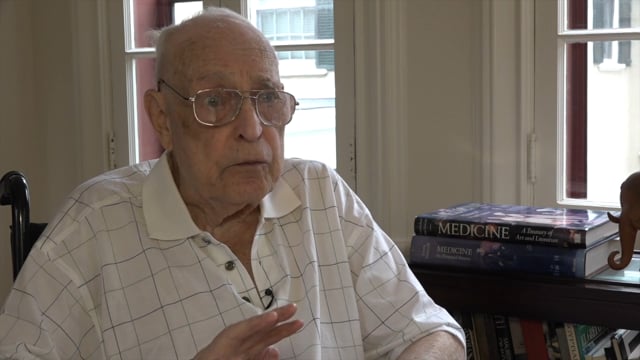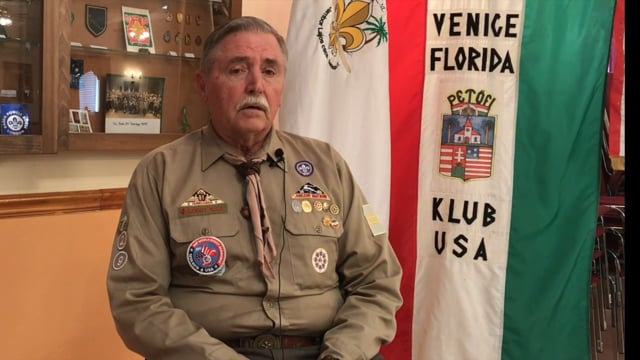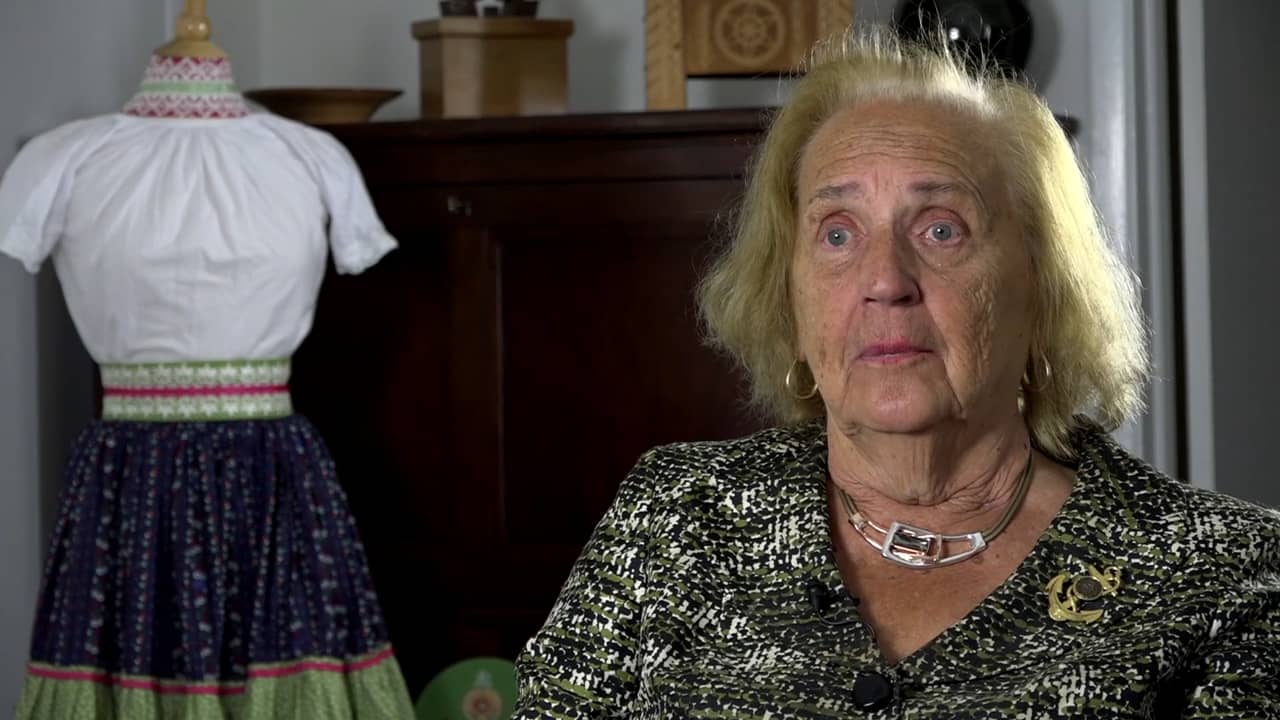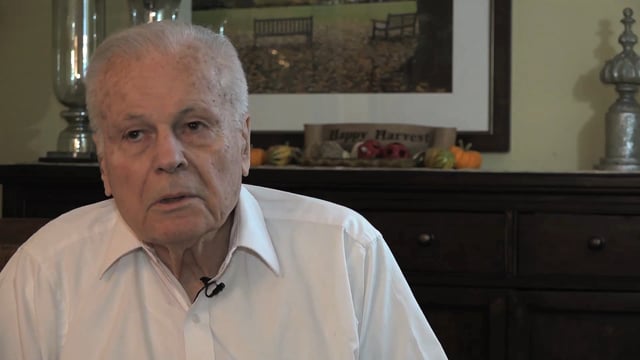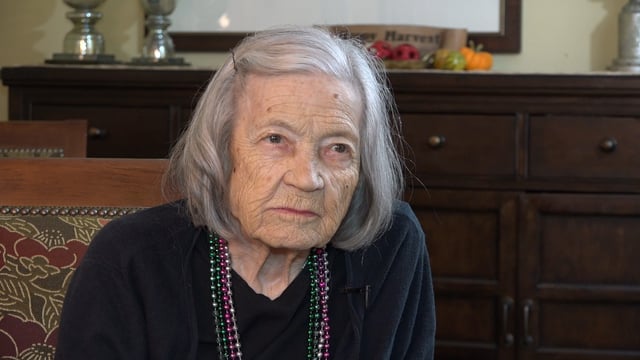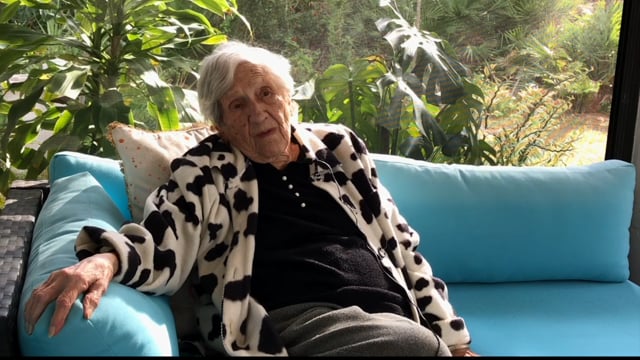György Harsay
1956erALL MATERIAL: COPYRIGHT CALIFORNIA EUROPEAN CULTURAL INITIATIVE/MEMORY PROJECT
(This interview was conducted in cooperation with the Collegium Hungaricum Berlin (CHB) as part of Memory Project Germany.)
György Harsay was born on February 25, 1935 in Nagykanizsa, Hungary. His father was an administrator with the national insurance agency and his ancestors had lived in Nagykanizsa for over 150 years. After the communist party took over, the family moved to Budapest. György graduated high school in 1953 and applied to the chemistry department at the university in Veszprém, but the admissions official recommended he study history instead as he was very good at it. He was in his 4th year of university when the Revolution broke out - he would have graduated and become a history teacher in the summer of 1957.
In his interview, György talks at length about the intellectual scene in Budapest before the Revolution - the debates at the university and especially the Petőfi circle, where students met to debate political issues. These debates started to get more heated in the summer of 1956. On October 6, the reburial of László Rajk added fuel to the fire and the discussions at the Petőfi circle reflected this. György was an eyewitnesses -- and supporter -- of these events.
The slogans kept getting bolder and more daring, and the government, according to György, did not handle it well. He experienced the very beginning of the Revolution at the Hungarian Radio, where shots were fired into the crowd. As part of a university delegation, he was sent to the Corvin Passage and met personally with the first leader of the group, László Iván Kovács, who was later executed. He met with him again later and recalls having a discussion with him about the goals of the Revolution. He was also part of a university delegation that met with union leaders.
After the Soviets re-invaded on November 4th, György knew that if he stayed, he would have to deny the goals of the Revolution and call it a 'counterrevolution,' something he strongly disagreed with. Even though he was just a few months shy of getting his university diploma, he wanted to be able to think and say what he believed in. On November 9th he fled Hungary, crossing the border into Austria and eventually making it to Munich, Germany. Although he at first struggled with the German language, he eventually received his degree in business economics. He settled in Munich, and besides work and family, he wrote articles in the German Hungarian press as well as the German press about 1956 and its aftermath.

